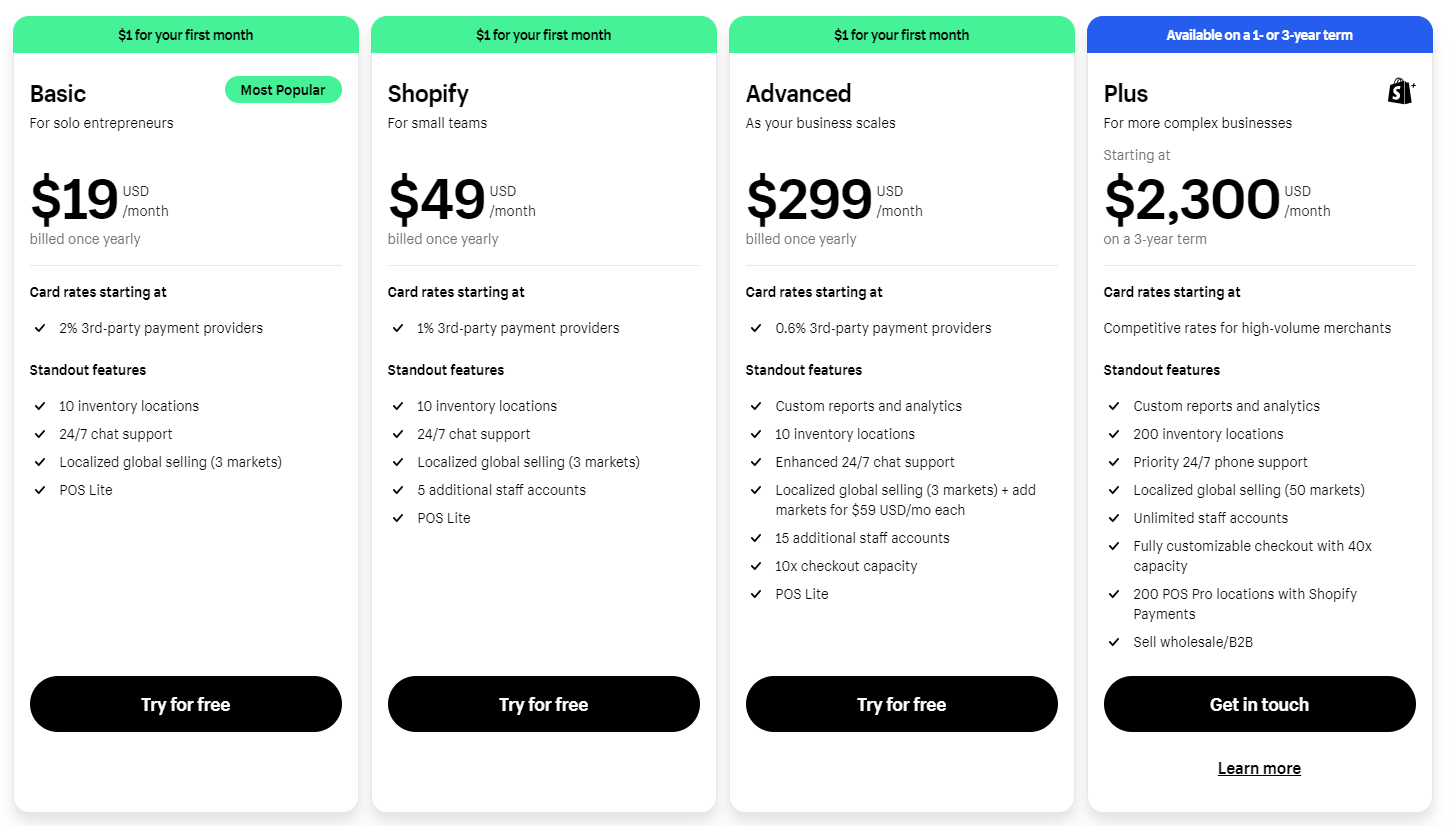Choosing the right business structure is a pivotal decision for entrepreneurs, and one option that frequently stands out is the S Corporation (S Corp). This structure blends the liability protection of a corporation with the pass-through taxation of a partnership.
In this comprehensive guide, we will delve into the nuances of how S Corps are taxed, exploring their advantages, and disadvantages, the process of becoming an S Corp, and the intricacies of S Corporation taxation.
What is an S Corporation?
An S Corporation is a unique form of business structure that combines the liability protection of a corporation with the tax advantages of a partnership. Unlike C Corporations, which face the potential burden of double taxation, S Corps pass income, deductions, and credits through to their shareholders.
This pass-through feature allows profits to be taxed only at the individual level, providing a distinct advantage for small to medium-sized businesses.
Advantages of an S Corp Structure

Avoiding Double Taxation
One of the primary attractions of an S Corp is its ability to sidestep the issue of double taxation. In traditional C Corporations, profits are taxed at both the corporate and individual levels.
S Corps, however, distributes profits directly to shareholders, who report this income on their personal tax returns. This results in a single layer of taxation, avoiding the financial hit associated with double taxation.
Self-Employment Tax
S Corp shareholders can often benefit from a reduction in self-employment taxes compared to those operating as sole proprietors or in partnerships.
By receiving a reasonable salary and categorizing the remainder of income as distributions, shareholders can decrease their self-employment tax liability. This strategic approach can result in substantial savings over time.
Independent Life
Another advantage of S Corps is their independent life. The business exists separately from its owners, allowing for greater continuity. Even in the face of changes in ownership or the unfortunate event of a shareholder’s passing, the S Corp can persist, providing stability and reassurance to stakeholders.
Protective Shield
S Corps provides shareholders with a protective shield for their personal assets. In the event of legal issues or financial liabilities, the shareholder’s personal assets are typically safeguarded, limiting the risks associated with running a business.
Transfer of Ownership
The ease with which ownership can be transferred is a notable benefit of S Corps. The sale of stock allows for the straightforward transfer of ownership, streamlining the process compared to other business structures where such transactions might be more complex.
Credibility
Choosing an S Corp structure can enhance a business’s credibility. The designation implies a commitment to a more structured and enduring business model, which can be appealing to clients, partners, and investors seeking stability and professionalism.
Disadvantages of S Corps
Protocols
While S Corps offer numerous advantages, they are not without their challenges. S Corps are subject to certain protocols, including restrictions on the number and types of shareholders.
These limitations may hinder the growth potential of the business, particularly for those with aspirations of widespread shareholder participation.
Compensation Requirements
S Corp shareholders must adhere to specific compensation requirements. The IRS mandates that shareholders receive reasonable compensation for the services they provide to the corporation.
Failure to meet this requirement can result in tax implications, making it essential for shareholders to carefully manage their compensation structures.
Extra Work and Cost
Maintaining an S Corp involves additional paperwork and administrative tasks, leading to increased costs compared to simpler business structures. The need for meticulous record-keeping, adherence to regulations, and compliance with tax obligations can place a burden on both time and resources.
Added Restrictions
S Corps face restrictions on the types of stock they can issue. While this is often a non-issue for smaller businesses, those seeking to raise capital through various stock offerings may find their options limited compared to other business structures.
Tax Changes
The tax landscape is dynamic, and laws affecting S Corps can change. Business owners must stay informed about any alterations to tax regulations that might impact their S Corp status or tax liabilities, necessitating ongoing vigilance and potential adjustments to their financial strategies.
S Corporation Taxes

Becoming an S Corporation
To become an S Corp, a business must meet specific eligibility criteria and file Form 2553 with the Internal Revenue Service (IRS). This election is typically made early in the life of the business, and meeting the eligibility requirements is crucial for ensuring that the S Corp status is granted.
S Corporation Taxation
S Corps themselves are not subject to federal income tax. Instead, the income, deductions, and credits of the business flow through to the shareholders, who report these items on their individual tax returns. This pass-through taxation structure is a fundamental aspect of the S Corp model.
Annual Business Tax Returns
S Corps are required to file Form 1120S, the U.S. Income Tax Return for an S Corporation, annually. This form provides the IRS with a comprehensive overview of the S Corp’s financial activity, including income, deductions, credits, and other relevant information.
Shareholder Tax Returns
Each shareholder receives a Schedule K-1, which outlines their share of the corporation’s income, deductions, and credits. Shareholders then incorporate this information into their individual tax returns.
The Schedule K-1 is a critical document that ensures accurate reporting of each shareholder’s portion of the S Corp’s financial activity.
Paying Yourself as an S Corp Owner
Setting a Reasonable Salary
One of the unique challenges for S Corp owners is determining a reasonable salary. The IRS requires that shareholders receive compensation that is commensurate with the services they provide to the corporation.
Factors influencing what constitutes a reasonable salary include industry standards, the shareholder’s role within the company, and the financial health of the business.
Calculating Payroll and Taxes
Once a reasonable salary is established, calculating payroll and associated taxes becomes a critical task. Ensuring accurate payroll calculations is not only essential for legal compliance but also for minimizing tax liabilities and optimizing the financial structure of the business.
Filing Federal Quarterly Payroll Taxes
S Corps are required to file federal quarterly payroll tax returns using Form 941. This form details the wages paid, federal income tax withheld, and both the employer and employee portions of Social Security and Medicare taxes.
Recording Payroll Transactions
Accurate record-keeping of payroll transactions is crucial for maintaining compliance with tax regulations and preparing for potential audits. Proper documentation ensures that the business can demonstrate its adherence to compensation requirements and provides a clear picture of its financial health.
Filing State Payroll Taxes
In addition to federal payroll tax obligations, S Corps must comply with state-specific payroll tax requirements. These obligations can vary widely, and businesses operating in multiple states must navigate the regulatory landscape of each jurisdiction.
Preparing Annual Tax Returns
Beyond the regular filing of payroll taxes, S Corps must diligently prepare and file their annual business tax return, Form 1120S. This document provides the IRS with a comprehensive overview of the S Corp’s financial activity for the tax year.
How Much Salary is Reasonable?
Determining a reasonable salary for S Corp owners involves a nuanced evaluation of various factors. Industry standards, geographic location, the shareholder’s role within the company, and the financial health of the business all play a role in this calculation.
While there is no one-size-fits-all answer, consulting with financial and legal professionals can provide valuable insights and ensure compliance with IRS regulations.
Frequently Asked Questions
What is a Reasonable Salary for S Corp Owners?
The determination of a reasonable salary for S Corp owners is a complex process. Industry standards, the shareholder’s role, and the financial condition of the business all factor into this calculation.
While there is no specific formula, a reasonable salary should reflect fair compensation for the services provided to the corporation.
What is the 60/40 Rule?
The 60/40 rule is a guideline often cited in S Corp compensation discussions. It suggests that shareholders allocate 60% of their income as salary and the remaining 40% as distributions.
While not a strict rule, it can provide a starting point for businesses seeking to establish an appropriate compensation structure.
Do S Corp Owners Need to Be on Payroll?
Yes, S Corp owners must be on the payroll. The IRS requires that shareholders receive reasonable compensation for their services to the corporation, and this compensation must be reported as wages subject to payroll taxes. Ensuring compliance with these regulations is crucial for maintaining the S Corp’s status and avoiding potential tax issues.
Can You Pay Yourself on a 1099?
S Corp owners cannot pay themselves on a 1099. Unlike independent contractors who receive 1099-MISC forms, S Corp owners must receive a salary as employees of the corporation. The salary is subject to payroll taxes, while any additional income may be received as distributions.
What Is EcomBalance?

EcomBalance is a monthly bookkeeping service specialized for eCommerce companies selling on Amazon, Shopify, Ebay, Etsy, WooCommerce, & other eCommerce channels.
We take monthly bookkeeping off your plate and deliver you your financial statements by the 15th or 20th of each month.
You’ll have your Profit and Loss Statement, Balance Sheet, and Cash Flow Statement ready for analysis each month so you and your business partners can make better business decisions.
Interested in learning more? Schedule a call with our CEO, Nathan Hirsch.
And here’s some free resources:
- Monthly Finance Meeting Agenda
- 9 Steps to Master Your Ecommerce Bookkeeping Checklist
- The Ultimate Guide on Finding an Ecommerce Virtual Bookkeeping Service
- What Is a Profit and Loss Statement?
- How to Read & Interpret a Cash Flow Statement
- How to Read a Balance Sheet & Truly Understand It
Conclusion
Navigating the intricate tax landscape of an S Corporation demands a comprehensive understanding of its advantages, disadvantages, and the complexities of taxation.
By meticulously managing compensation structures, adhering to protocols, and staying abreast of tax changes, S Corp owners can maximize the benefits of this business structure while mitigating potential challenges.
Ultimately, consulting with tax professionals and financial advisors can provide tailored guidance, ensuring the smooth operation and tax efficiency of an S Corporation. In an ever-evolving business environment, informed decision-making and proactive financial management are the keys to success for S Corp owners.










